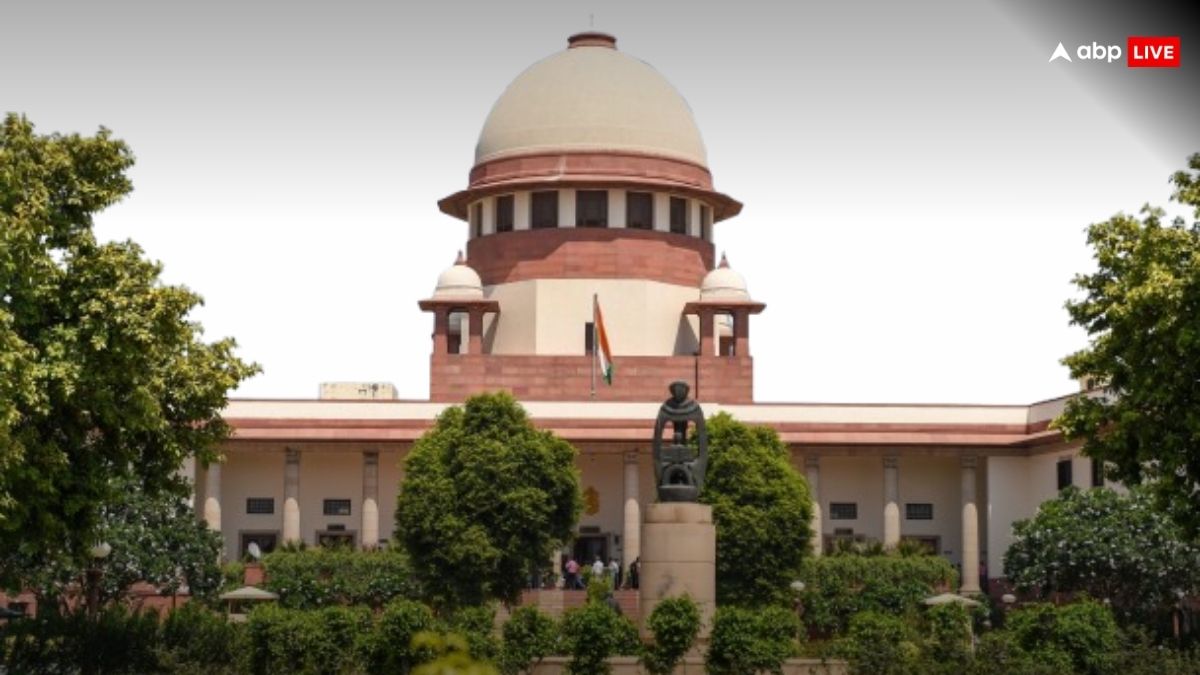
The Union government has urged the Supreme Court to dismiss petitions challenging the constitutional validity of the Waqf (Amendment) Act, 2025.
The Union Government on Friday strongly defended the amended Waqf Act before the Supreme Court, urging the top court to reject any blanket stay on the law, which it argued has a presumption of constitutionality as it was passed by Parliament. In a detailed 1,332-page affidavit, the Centre contested the challenges to the Waqf (Amendment) Act, 2025, and dismissed the “mischievous false narrative” surrounding certain provisions of the law.
The government’s submission pointed out that a blanket or partial stay, without understanding the potential adverse consequences, would be unjust. “This court would examine these challenges when the cases are heard,” the Centre said, as per news agency PTI. “However, such an order could have detrimental effects, even on the Muslim community itself, if the petitions are unsuccessful,” it added.
The affidavit, submitted ahead of the hearing on May 5, rejected the calls for an interim stay on the law’s provisions. It emphasised that the law is valid and aligns with constitutional principles, aimed at strengthening the institution of waqf (charitable endowments in Islam). The Centre contended that there is a presumption of constitutionality for laws made by Parliament and argued that it would be improper for the court to issue interim orders that could effectively rewrite the law.
The government also addressed the provisions regarding the registration of waqf by user properties. “If this provision is interfered with by an interim order, it would amount to the creation of a legislative regime by judicial order,” the affidavit stated. It argued that such interference would undermine the intent of the law, which aims to regulate waqf properties with greater transparency and accountability.
Govt Defends Provision To Include Non-Muslims In Waqf Board: ‘116% Increase In Properties Since 2013’
Furthermore, the Centre dismissed concerns that the law would result in Muslims being a minority in waqf bodies. The affidavit clarified that only four non-Muslims could be appointed to the 22-member Central Waqf Council, and each state waqf board could have a maximum of three non-Muslim members. The government also pointed to the significant increase in waqf properties, noting that since 2013, waqf land had grown by 116 per cent, highlighting the need for more stringent regulation.
“The law ensures no person is denied access to courts, and decisions regarding property rights, religious freedom, and public charity will be made within the bounds of fairness and legality,” the affidavit stated, as per PTI. It further emphasised that the Act does not violate fundamental rights but respects the religious practices of the Muslim community, while also regulating the secular aspects of waqf management as authorised by the Constitution.
On April 17, the Centre assured the Supreme Court that it would not denotify waqf properties, including waqf by user, nor make any appointments to the Central Waqf Council or state waqf boards until May 5, when the hearing on the petitions is scheduled to take place.


.png)







0 Comments